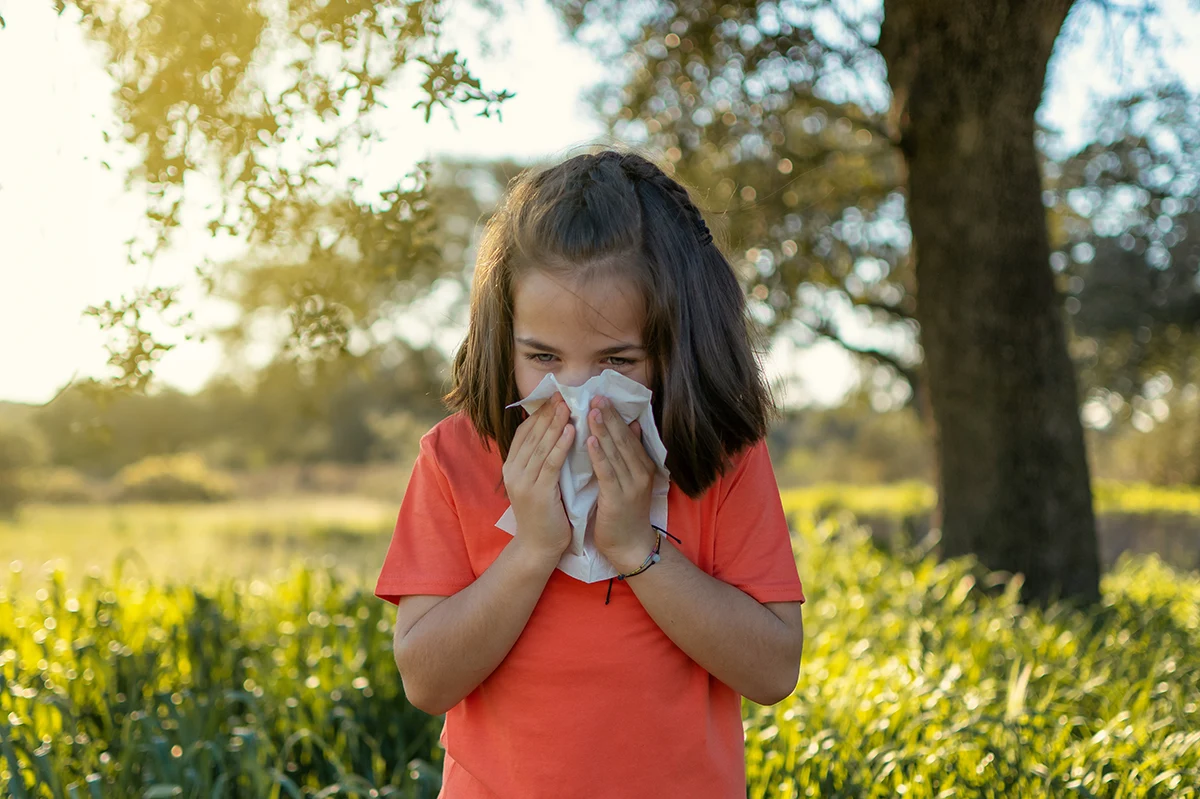Nam augue velit, fermentum sed erat non, efficitur interdum lectus. Donec hendrerit lorem a dui euismod tempus. Vivamus auctor blandit tellus et interdum.
Address: 70 Washington Square South, New York, NY 10012, United States
Email: example@gmail.com
Call: +000 (123) 456 88
At Oregon Coast Allergies & Sinus, we focus primarily on nasal allergies for several reasons.
Nasal allergies are very common, particularly in the beautiful Pacific Northwest.
Nasal allergies are a very common cause of sinus infections (sinusitis) and the related symptoms that include facial pain, sinus headaches and nasal congestion (stuffiness). This practice is focused on people who suffer from frequent allergies and frequent sinusitis, so it makes sense for us to focus on the connection between the two.

Rhinitis is a medical term for inflammation of the inner lining of the nose. Allergic rhinitis is caused by an allergic reaction to specific allergens, including pollen, dust, mold or pet dander. During an allergic response, your body’s immune system overreacts to the presence of one of these allergens in the air.
Sometimes you may see allergic rhinitis referred to as “nasal allergies” or “nose allergies” or even “hay fever” (which is generally a seasonal reference to this type of allergy).
Our practice offers allergy testing with same-day results. You will first meet with Dr. Webster for your initial exam and consultation and when allergy testing is warranted, our experienced, knowledgeable and well-trained allergy staff will provide the testing in a manner and process designed to make your experience as comfortable as possible.
Most often, we will administer an allergy skin prick test, also known as a puncture or scratch test, which may sound painful, but it’s not. The scratch test allows us to check for and immediately and accurately identify allergies from many different causes. We test for 38 different allergens, including a combination of trees, grasses, weeds, molds, dust mites, pet dander and other environmental causes.
After the allergy testing is complete, you will meet again with Dr.Webster to discuss results and recommendations for treatment.
Allergy drops (also known as sublingual immunotherapy or “SLIT”) have increased in popularity for some obvious reasons. The drops substitute for injections and can be self-administered at home. Drops are also extremely safe to self-administer. Drops are also preferred by many parents for their allergic children (and for themselves).
Additionally, sublingual drops show a considerably higher compliance rate compared to injections (again, for obvious reasons).
The downside of allergy drops is that this form of treatment is often not covered by health insurance plans. For an increasing number of allergy patients, the tradeoff is worth it. (If you have a health savings account from your employer, you can use it for allergy drops.)